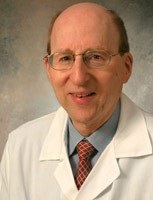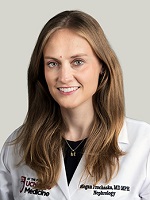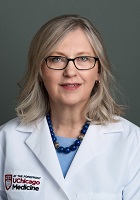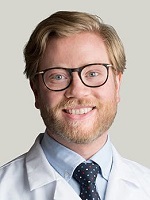Clinical Programs

Anna Zisman, MD
Director, Kidney Stone Evaluation and Treatment Program
University of Chicago Department of Medicine
Kidney Stone Evaluation and Treatment Program
The University of Chicago Kidney Stone Evaluation and Treatment Program has a storied history, providing care to thousands of patients over more than 50 years. Many patients have remained under treatment and stone free for decades. Through its many scientific publications, reviews, chapters and books, the program has influenced medical practice throughout the world, and the achievements of the stone program have been recognized with many honors as well as sustained National Institutes of Health research grants totaling, to date, over $20,000,000. Presently, the program is entering a new era under the leadership of Dr. Anna Zisman. We are thrilled to continue the long history of clinical and research excellence. We are delighted to work closely with Dr. Luke Reynolds (https://www.uchicagomedicine.org/find-a-physician/physician/luke-reynolds), an exceptional endourologist skilled at the most complex of stone procedures. Kidney stone disease often affects individuals who are in their prime working years, and because of this untreated stone disease is costly in terms of time lost from work, school, and raising a family. It is possible to prevent repeated stone episodes with appropriate therapy, which can decrease the need for hospitalization and surgery. In some cases, stones lead to loss of kidney function, a serious complication, which is preventable with proper treatment. The commonest kidney stones are made of calcium oxalate, and are caused mainly by a hereditary trait called hypercalciuria, in which patients excrete abnormal amounts of calcium in their urine which can lead to bone disease from loss of calcium in the urine. The trait interacts with diet in complex ways and treated with medications; when this is done properly, stone production is greatly lessened. In some cases, stones convert to calcium phosphate; such patients deposit crystals in their kidney tissues, which is a serious condition and prevention of calcium phosphate stones is even more urgent than in calcium oxalate stone formers. Stones can arise from systemic diseases, like primary hyperparathyroidism, or bowel diseases such as ulcerative colitis, Crohn’s disease, surgical loss of bowel, and altered bowel function from bariatric surgery for obesity. In each situation, evaluation and treatment need to be detailed and thoughtful to prevent kidney disease and stone formation. Less common stones include those of uric acid and cystine, the latter because of an inherited disorder of kidney function. They, too, require exact diagnosis of cause and management. Clinical expertise in stone prevention is critical to prevent recurrence. The causes of stones involve effects of diet, vocation, habits, travel, virtually every aspect of life, many of which are not apparent to patients until discovered by physicians who are skilled enough to find in what appear to be simple matters of daily living the principle cause of stone formation. The tempo of stones is also seemingly easy to document, but in fact it requires a detailed and thoughtful interpretation of clinical history along with radiological studies like CT scans to determine if a patient is really forming new stones, for example, or passing old ones that formed because of conditions no longer in effect. This kind of clinical skill is rare and difficult to acquire except in a very large clinical center specialized for care of stone forming patients. Because of their vast experience, the physicians in the University of Chicago Kidney Stone Evaluation and Treatment Program are able to diagnose and manage virtually all known causes of stones. In a recent publication, the program demonstrated that in patients carefully treated for over 40 years, stones and stone related complications can be successfully managed. This kind of experience, over time and thousands of patients cannot be matched anywhere else in the US, and is a reason why this program is recognized for its remarkable achievements worldwide.
Program Faculty

Fredric L. Coe, MD |

Megan Prochaska, MD |

Elaine Worcester, MD |

Luke Reynolds, MD |